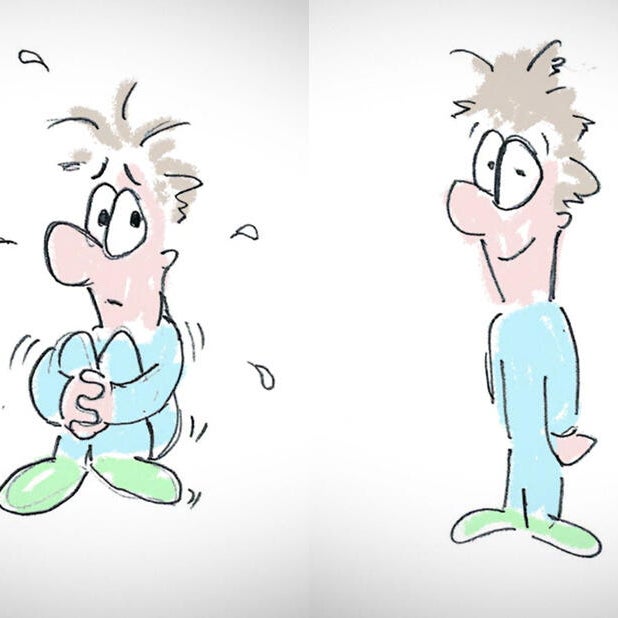Understanding Personality Change and Its Impact on Personal Growth
For years, Olga Khazan, a staff writer at The Atlantic based in Virginia, struggled with a deep dissatisfaction toward parts of her own personality. She often felt overwhelmed by anxiety and found it difficult to enjoy social interactions or live in the moment. “I was constantly worried about everything,” she shared. “I didn’t really like doing anything fun with other people. It wasn’t my thing.”
At social gatherings, Khazan often found herself standing apart, sometimes even reading articles on her phone instead of engaging with others. This behavior made it challenging for others to connect with her. One colleague once described her as a “pressure addict,” someone obsessed with work and not taking time to appreciate life. Another person admitted they were afraid of her when they worked together.
Despite trying various methods such as therapy, medication, and self-care practices like yoga, nothing seemed to truly help. Frustrated by her lack of progress, Khazan decided to take a bold step: she resolved to completely redesign her personality over the course of a year.
The Science Behind Personality Change
Personality is defined as an individual’s characteristic way of thinking, feeling, and behaving. It influences how people perceive their actions and interact with the world around them. While many believe that personality is fixed after a certain age, experts like Professor Shannon Sauer-Zavala argue otherwise.
Sauer-Zavala, a researcher at the University of Kentucky, explains that scientific evidence supports the idea that personality can be changed through intentional efforts. Her work suggests that individuals can shift from being introverted to extroverted, messy to organized, or anxious to calm. “In my almost 20 years of treating people with anxiety disorders, I’ve seen dramatic changes in 12, 16, 20 weeks,” she said.
The process begins with a baseline personality test, which assesses traits such as manipulation, impulsivity, and emotional stability. From there, individuals are encouraged to act contrary to their natural tendencies. For example, someone who is shy might practice initiating conversations, while a disorganized person could focus on maintaining a tidy space.
Practical Steps Toward Change
According to Sauer-Zavala, changing personality requires more than just adopting new behaviors—it involves shifting one’s mindset and consistently practicing these changes over time. “It’s not easy,” she emphasized. “The principles are simple, but the execution is difficult.”
Khazan, an introvert who had always avoided social situations, took this advice seriously. She enrolled in an improv class with strangers, stepping far outside her comfort zone. “I was very scared,” she admitted. “For the first three or four months, my heart was racing, and I was deeply uncomfortable.” What frightened her most was the fear of looking silly.
Her improv teacher, Murphy McHugh, noticed gradual changes in her. “She started relaxing, her body language became less closed off, and she began laughing more,” he observed. Over time, Khazan also incorporated meditation, sailing, conversation classes, and journaling into her routine, as detailed in her book, Me, But Better: The Science and Promise of Personality Change.
Embracing the Process
Khazan describes her journey as a form of “fake it until you make it.” “If something feels new, it will feel fake,” she explained. “But the only way to make it natural is to do it repeatedly until it becomes part of who you are.”
This approach helped her transform her life. Today, she is happily married and the mother of a 14-month-old child. Reflecting on her past, she says, “I feel like I am a different person today than I was three years ago. I have a different way of living and approaching problems.”
Advice for Those Seeking Change
Sauer-Zavala encourages anyone dissatisfied with their personality to avoid limiting themselves by sticking to a specific identity. Instead, she advises focusing on the life they want and actively developing the traits that will help achieve it. “You can intentionally develop the traits that will facilitate your journey,” she said.
For those interested in learning more, Me, But Better: The Science and Promise of Personality Change is available in hardcover, eBook, and audio formats through major retailers like Amazon, Barnes & Noble, and Bookshop.org.







